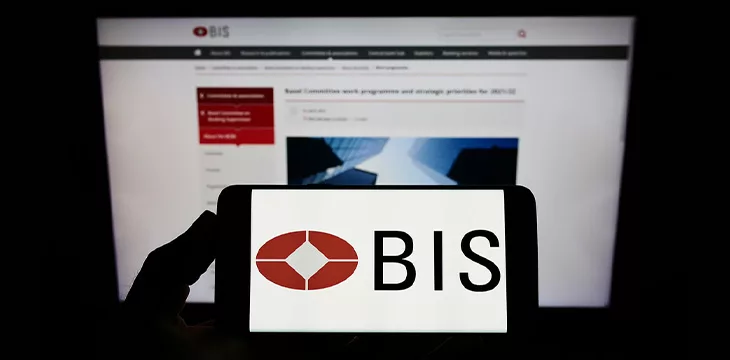|
Getting your Trinity Audio player ready...
|
The Bank of International Settlement (BIS) has released details for the architecture of its proposed Unified Ledger designed to support a range of digital assets under the same network.
The details for the Unified Ledger were obtained from the institution’s incoming Annual Economic Report 2023, stating it will support central bank digital currency (CBDC), digital assets, and tokenized bank deposits.
Head of the BIS Agustin Carstens remarked that the myriad flaws of digital currencies have made them unsuitable to be the future of money. He claimed that their inherent shortcomings had given rise to the creation of multiple permissioned tokenization projects by established financial institutions.
The siloed approach also poses unique challenges, given the need for interoperability, according to Carstens. He argues that interoperability issues can be resolved via the Unified Ledger, which is capable of linking multiple asset classes and systems.
“Bringing together central bank money, commercial money, and different assets on the same platform, all tokenised and interacting, opens up a whole new range of possibilities,” BIS head of research Hyun Song Shin said.
“This would be a game-changer in how we think about money and how transactions take place,” he added.
The architectural framework for the Unified Ledger raises several eyebrows among industry players for the absence of blockchain technology in the document. Given the sparse use of the term blockchain, it remains unclear whether the BIS will rely on the technology.
A cursory glance at the text suggests that the proposed ledger will make use of application programming interfaces (API) to merge several networks, but there remain lingering doubts over the decentralization and privacy of the entire system.
Unified tokenized platforms are the rage of the moment
Several international organizations are pushing for tokenized platforms to improve the state of settlements for fiat and securities. Early in the week, the International Monetary Fund (IMF) announced the plans to launch a global centralized ledger to settle cross-border transactions dubbed XC.
Relying on the blockchain, the platform will support multiple CBDCs with banks depositing central bank reserves in an escrow account and trading digital versions on the platform.
“To get global finance right, we must come together to get global payments right,” IMF’s Financial Counsellor Tobias Adrian said. “Some of the $45 billion paid to remittance providers every year may then go back into the pockets of the poor.”
Watch: The Future of Exchanges & Trading in a Tokenized World

 02-13-2026
02-13-2026 




